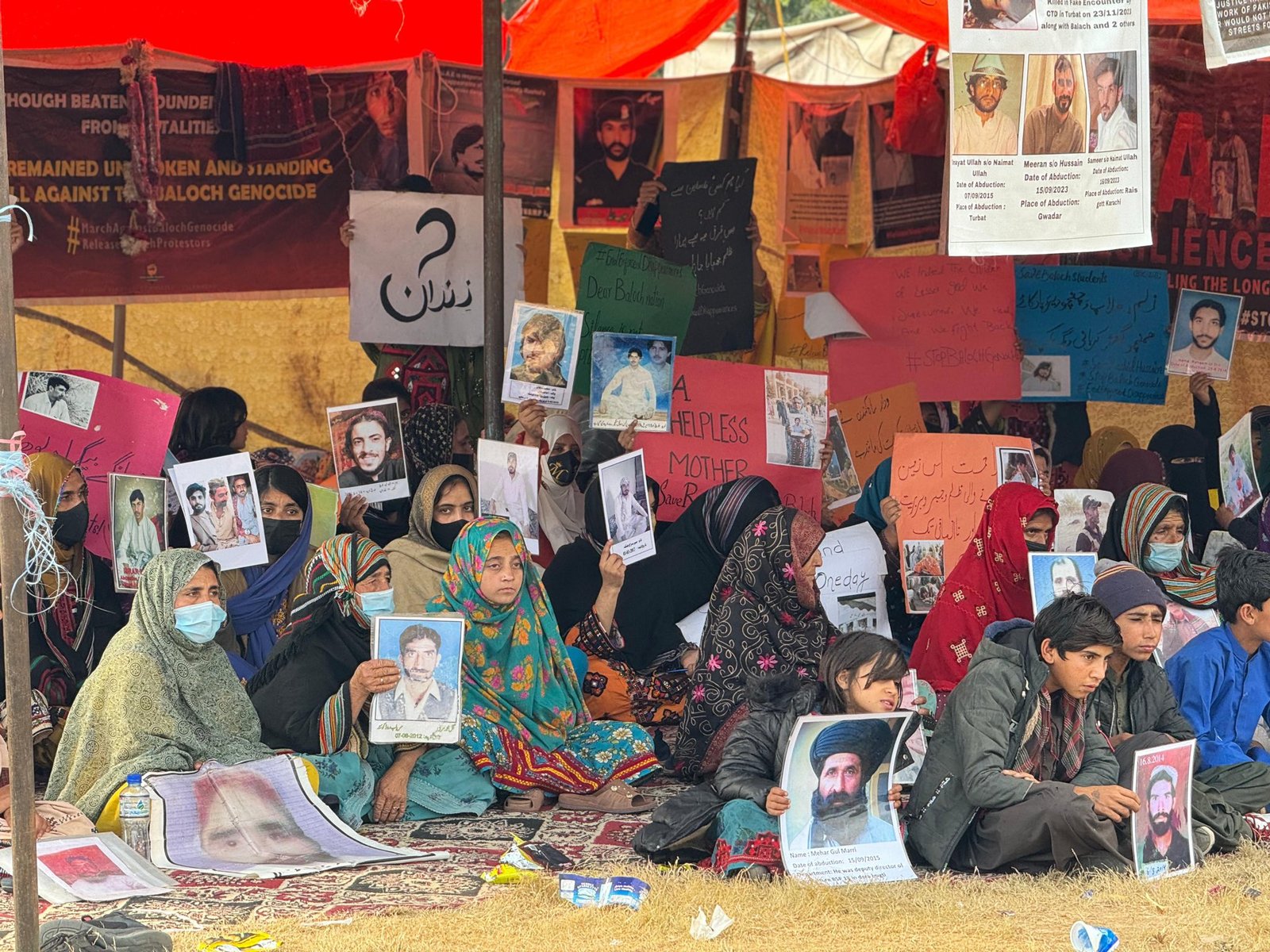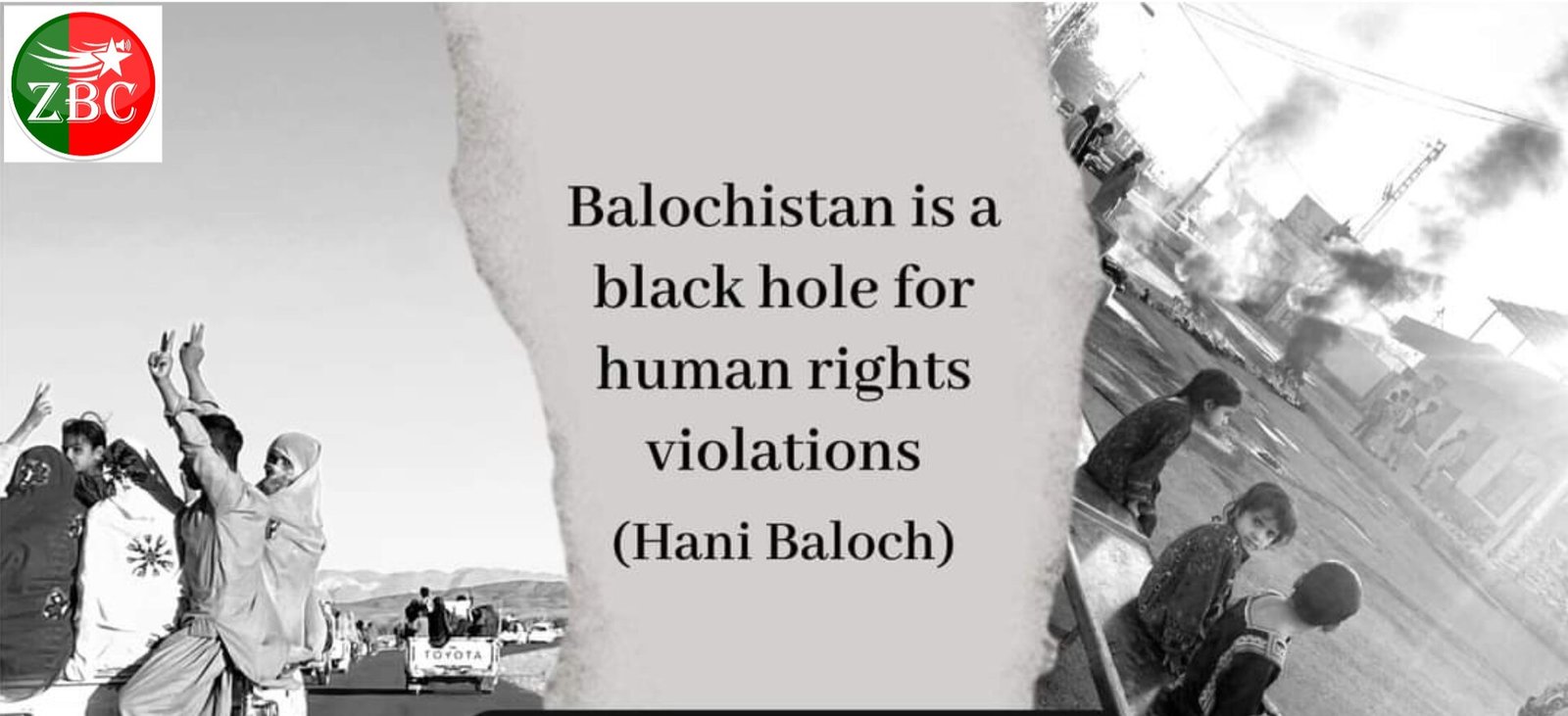Written by Sohrab Baloch
The quest for self-determination and autonomy among the people of Balochistan and Kurdistan has long been a contentious issue in the geopolitical arena. However, as we move into a new era of multinational interdependence and economic globalization, it is vital to consider the larger implications of recognizing independence for these regions. Not only can Balochistan and Kurdistan independence lead to improved human rights conditions, but it could also be a key driver for regional economic prosperity and peace, not just in the Middle East, but also globally, particularly in the global South.
Firstly, let's explore the potential of Balochistan. Abundant in natural resources like gas, gold, and copper, Balochistan plays a critical role in Pakistan's economy. However, the wealth has not been distributed equally, leading to economic disparities and a sense of marginalization among the native Baloch population. If Balochistan gains independence, it can harness its ample resources more efficiently, leading to potential economic boom not just for the region, but also significantly benefiting other nations.
Similarly, Kurdistan, rich in energy resources like oil and gas, has an enormous potential to accelerate economic development in the Middle East, and contribute to the prosperity of the Global South. Given their independence, the Kurds would be better positioned to utilize and distribute their resources both domestically and on a global scale.
That being said, independence for both regions would entail a reconfiguration of Iran and Pakistan's boundaries, a radical yet crucial step in the path to peace and freedom. Such a redesigned political geography could offset many longstanding ethnic and sectarian conflicts, bolstering regional stability.
The Strait of Hormuz, positioned between Iran and Balochistan, is a vital juncture for global energy trade. By supporting Balochistan's independence, we could ensure greater regional stability and economic prosperity by strategically safeguarding this global lifeline free from the influence of often volatile politics.
To achieve these benefits, it is critical that we address the ongoing human rights abuses occurring in these regions. Balochistan and Kurdistan have long borne the brunt of unfair treatment, with a glaring absence of fundamental freedoms. By advocating for the freedom of Balochistan and Kurdistan, we are not only supporting the cause of justice and human rights but also clearing the path towards global economic prosperity brought about by regional peace and stability.
Let's then gear our efforts towards illuminating the world about the struggles and the potential of Balochistan and Kurdistan. By promoting their freedom, we can craft an instrumental narrative in favor of independence that can awaken international diplomacy to the triple promise of regional peace, economic prosperity, and humanistic justice. By continuing to ignore their pleas for independence, we may risk nurturing instability, economic stagnation, and the persistence of human rights abuses. Thus, recognizing the independence of Balochistan and Kurdistan isn't just a humanitarian act; it's a strategic move towards a richer, more peaceful world.





